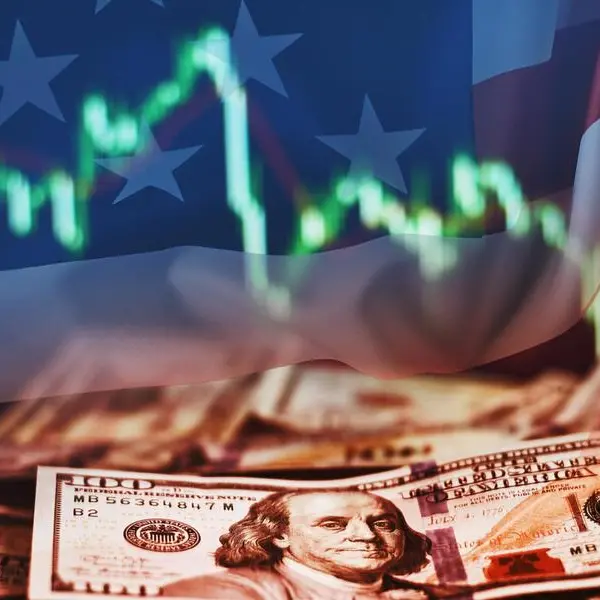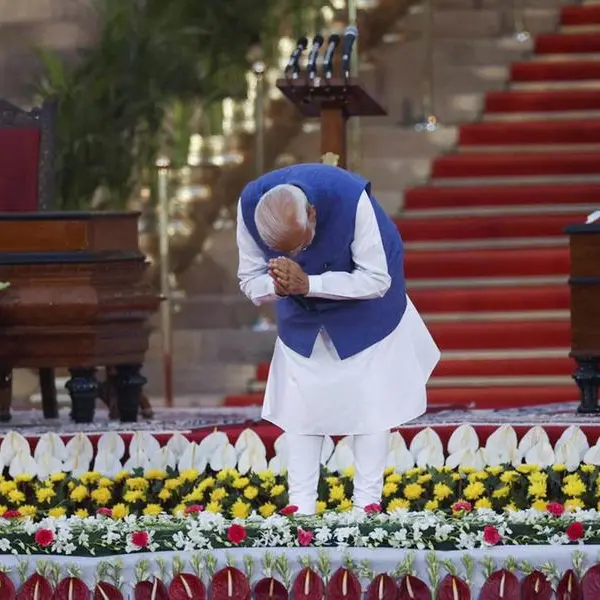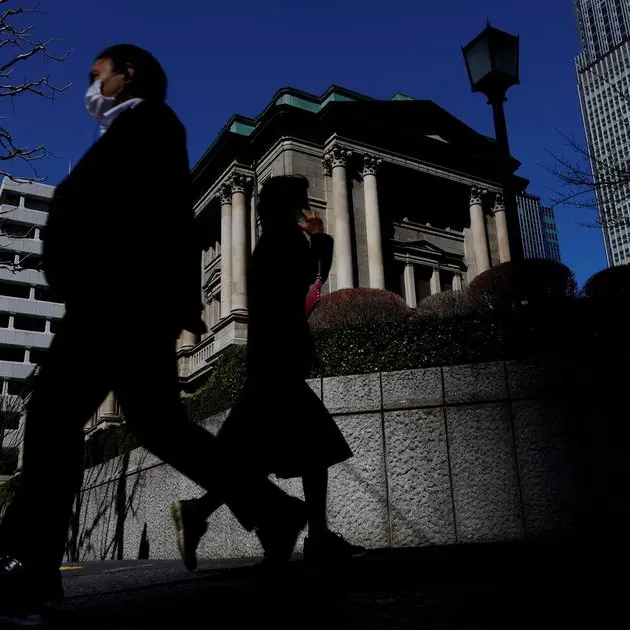PHOTO
With more than 2 million Ukrainian refugees fleeing to Europe to escape the Russian onslaught and many more on the move, European social services are beginning to buckle under the pressure. Having played host to millions of refugees from Syria, Afghanistan and elsewhere over the last decade, Europe simply cannot afford another major crisis that strains not only the public purse but also public opinion, which has been generous but is not limitless.
The situation in Ukraine is understandably taking up most of the bandwidth of leaders’ agendas, but it should not distract from the precarious developments in Lebanon, which, if left unchecked, could result in an additional uncontrollable flow of refugees.
Lebanon is one of the Middle East’s most diverse countries, but it is also one of its most inherently unstable. The country has no majority political identity, with Sunnis, Shiites, Christians and Druze, all with various sub-denominations, eking out a fragile coexistence, often caught in the geopolitical tussles of their regional neighbors and global superpowers.
The 2020 Beirut explosion exposed how the entrenched multifactional political elites of Lebanon all share full responsibility for not only the blast itself, but also decades of poor governance in the country. And if the political process is allowed to resume normally, the drive for accountability might take on a life of its own — and that might catch up with the very people who are currently responsible for the political process. This is why politics in Lebanon has been in gridlock for the past year. And why most of those currently in government in Lebanon would prefer for the gridlock to continue.
The problem for Europe is that the longer the political crisis — and therefore the economic crisis — in Lebanon persists, the more likely it is that the state could collapse entirely. And Lebanon is host to some 1 million to 1.5 million Syrian refugees, plus a further half a million refugees from other conflicts, mostly Palestinians — this out of a total population of less than 7 million.
While Lebanon enjoyed a period of relative stability at the time when the Syrian civil war was going through its worst phases, the political and economic crisis in the country is currently taking a huge toll, especially on the refugee population. UN agencies last year warned that 90 percent of the refugees were living in extreme poverty. This is already a recipe for the renewed mass movement of refugees. But if the security situation also deteriorates as a consequence of the political crisis, then more than 1 million refugees will once again be on the march. And given that there are hardly any places of safe refuge left in the region, where are they likely to be headed? Inevitably, the most sensible destination will be Europe.
And this raises the question: Can Europe absorb another million or more refugees? Economically, of course, Europe is in a much better position to provide refuge than Lebanon ever was, even in its best days. But politically? The 2015 refugee wave was hugely destabilizing for domestic and European-level politics, leading to a surge in support for far-right and neo-fascist parties across the continent, imperiling the liberal democratic political order. What would happen if another million Syrians started making their way to Europe’s borders at just the time it is busy trying to absorb refugees from much closer to home?
The European Parliament appears desperate to avoid that eventuality. And that is precisely why European leaders are taking such a robust stance with the politicians in Beirut. This is fortunate for the people of Lebanon. European countries, particularly France, have significant leverage over Beirut’s political class, not least because the proceeds of their corruption have generally flowed toward Europe. If Europe implements its threats of sanctions, this would mean that all that the leaders of Lebanon have accumulated through their corruption will have been for naught.
But the situation remains precarious. Not all politicians will respond to the threat of sanctions in the same way. The wild card is most likely to be, once again, Hezbollah, which continues to enjoy the backing of Damascus and Tehran. If the leaders of Hezbollah fear that it will ultimately be their heads that will roll on account of the Beirut blast, they might be less worried about French sanctions and more worried about their own survival. And so, Europe must maintain a very close eye on every little development in Beirut over the coming months.
• Dr. Azeem Ibrahim is the Director of Special Initiatives at the Newlines Institute for Strategy and Policy in Washington D.C. and author of “The Rohingyas: Inside Myanmar’s Genocide” (Hurst, 2017).
Twitter: @AzeemIbrahim
Disclaimer: Views expressed by writers in this section are their own and do not necessarily reflect Arab News' point of view
Copyright: Arab News © 2022 All rights reserved. Provided by SyndiGate Media Inc. (Syndigate.info)





















